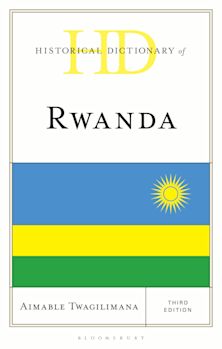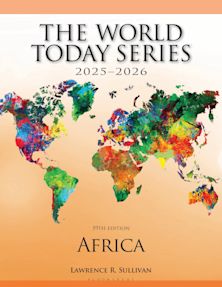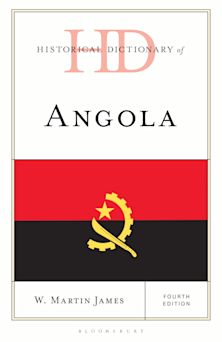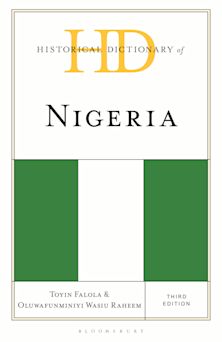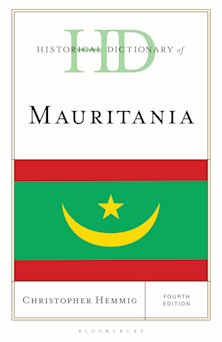Rhodesia's Unilateral Declaration of Independence
National, Regional, International and Transnational Perspectives
Rhodesia's Unilateral Declaration of Independence
National, Regional, International and Transnational Perspectives
Description
60 years on from Rhodesia's Unilateral Declaration of Independence in 1965, this book brings together many important themes to examine its consequences and offer the most comprehensive overview to date.
Situating the UDI in its local, regional, international and transnational context, this collection offers a range of historical approaches; political, economic, social, cultural, international and transnational, to provide a richer and deeper understanding of the emergence of contemporary Zimbabwe.
Based on an array of rich archival and oral history sources, this book brings together new ways of understanding the multiple and complex dimensions of Rhodesia's UDI and highlights its importance to wider African and World history.
Table of Contents
1. The Origins of Rhodesia's Unilateral Declaration of Independence, Alois Mlambo (University of Pretoria, South Africa)
2. African Nationalist responses to Rhodesia's UDI, Hugh Pattenden (University of Southampton, UK)
3. A military history of the war for Zimbabwe, M. T. Howard (Independent Scholar)
4. 'Our Fences Protect the Nation': Security Fears and White Civilian Life During the Rhodesian Guerrilla War, Josiah Brownell (Pratt Institute New York, USA)
5. 'Stuck in the Middle' with UDI: Zambia and Rhodesia 1965–1979 Andy DeRoche (Front Range Community College, USA)
6. South Africa and Rhodesia's UDI 1964-1980, Sue Onslow (King's College London, UK)
7. “Cock-a-hoop with their success in defying world opinion”: Portugal and Rhodesia, 1961-1975, Filipe Ribeiro de Meneses and Robert McNamara (Maynooth University, Ireland, and University of Ulster, UK)
8. 'You have to boil water to make tea': the impact of cross-border raids on the Front Line States, Rhodesia and Patriotic Front negotiations, 1976-1979, Timothy Scarnecchia (Kent State University, USA)
9. Britain and the UDI, Hugh Pattenden (University of Southampton, UK)
10. The Commonwealth and Rhodesia 1965-1980, Carl P. Watts (Global College of Professional Military Education, USA)
11. UDI and the Oval Office: U.S. Policy towards Rhodesia, 1965-1979, Eddie Michel (University of Pretoria, South Africa)
12. The Soviet Union and its Allies vs Rhodesia, Vladimir Shubin (Institute for African Studies, Russian Academy of Sciences).
13. Britain, Zimbabwe/Rhodesia and the Lancaster House Settlement, Sue Onslow (King's College London, UK)
14. Embargo, Interrupted: The Rhodesia Sanctions Imbroglio, Chris Dietrich (Fordham University, USA)
15. The Churches and UDI, Hugh Pattenden (University of Southampton, UK)
16. The British Anti-Apartheid Movement and the UDI, Jean P. Smith (King's College London, UK)
17. Pan-African Diplomacy, the Organisation of African Unity and UDI,” by Matteo Grilli (University of Pisa, Italy)
18. Rhodesia's Transnational Diplomacy R. Joseph Parrott (The Ohio State University, USA)
Conclusion: The Legacies of UDI
Product details

| Published | 30 Oct 2025 |
|---|---|
| Format | Ebook (PDF) |
| Edition | 1st |
| Extent | 320 |
| ISBN | 9781350477001 |
| Imprint | Bloomsbury Academic |
| Illustrations | 10 bw illus |
| Publisher | Bloomsbury Publishing |
Reviews

ONLINE RESOURCES
Bloomsbury Collections
This book is available on Bloomsbury Collections where your library has access.












